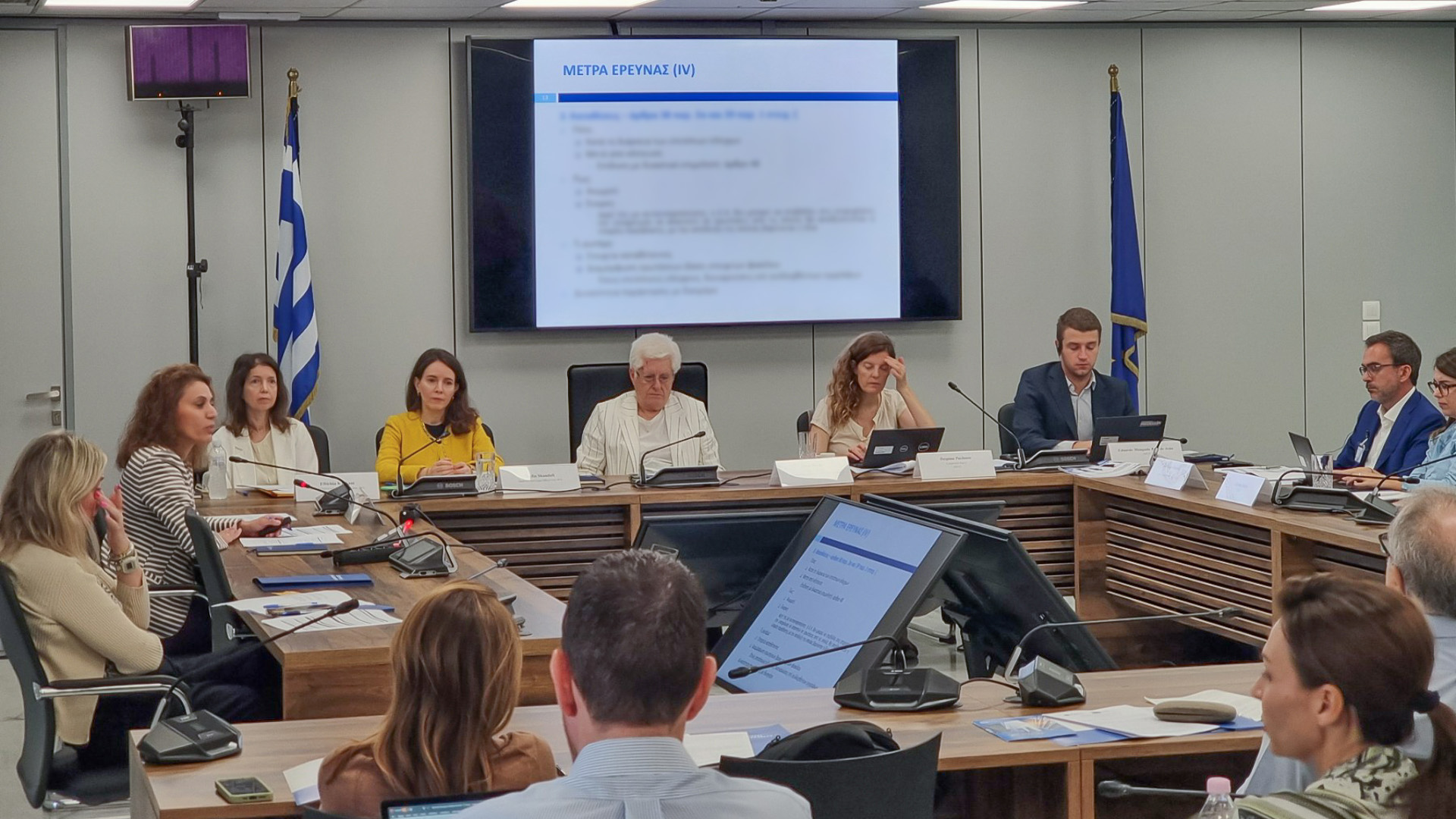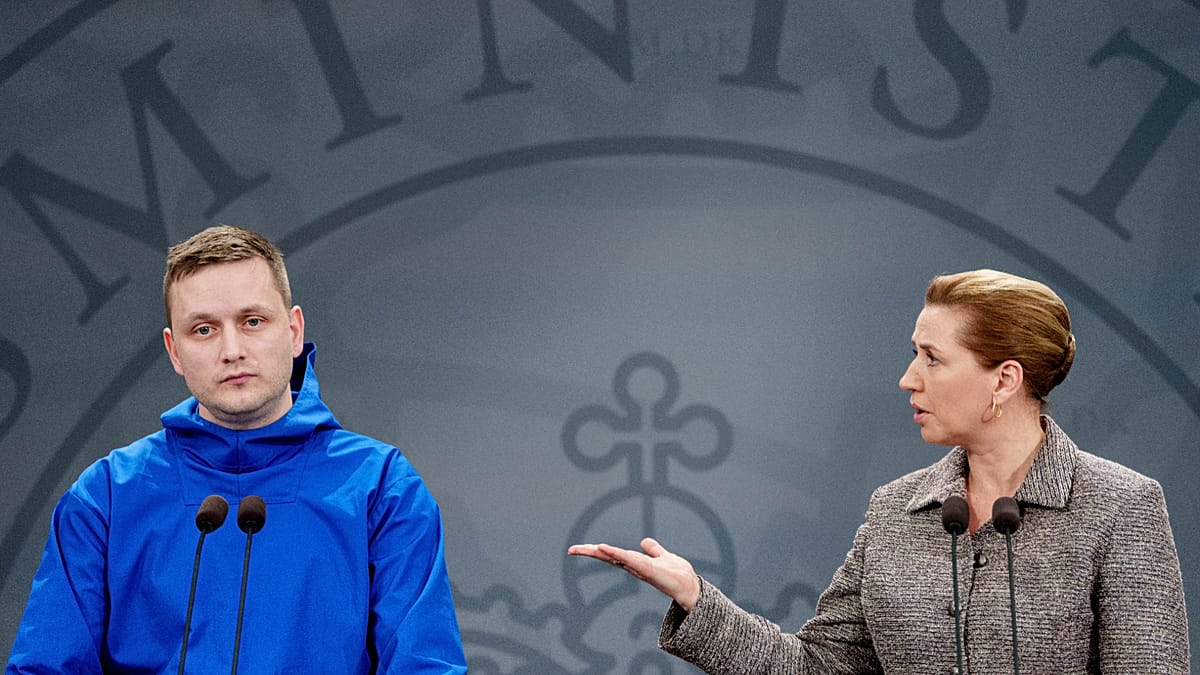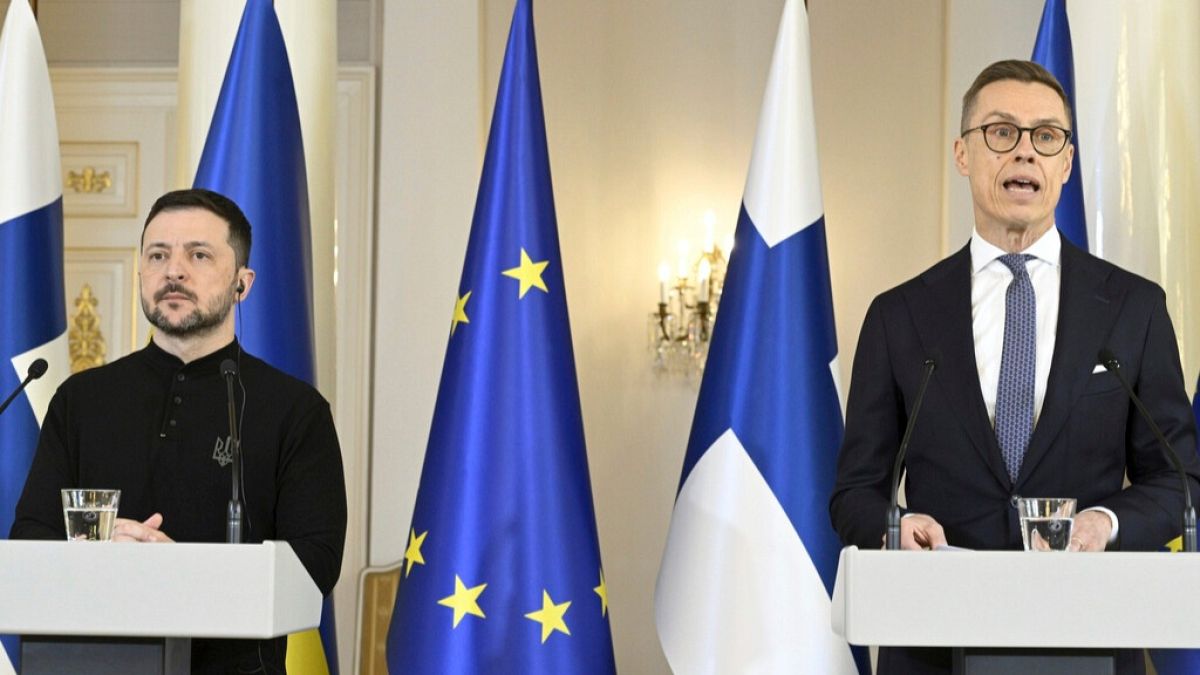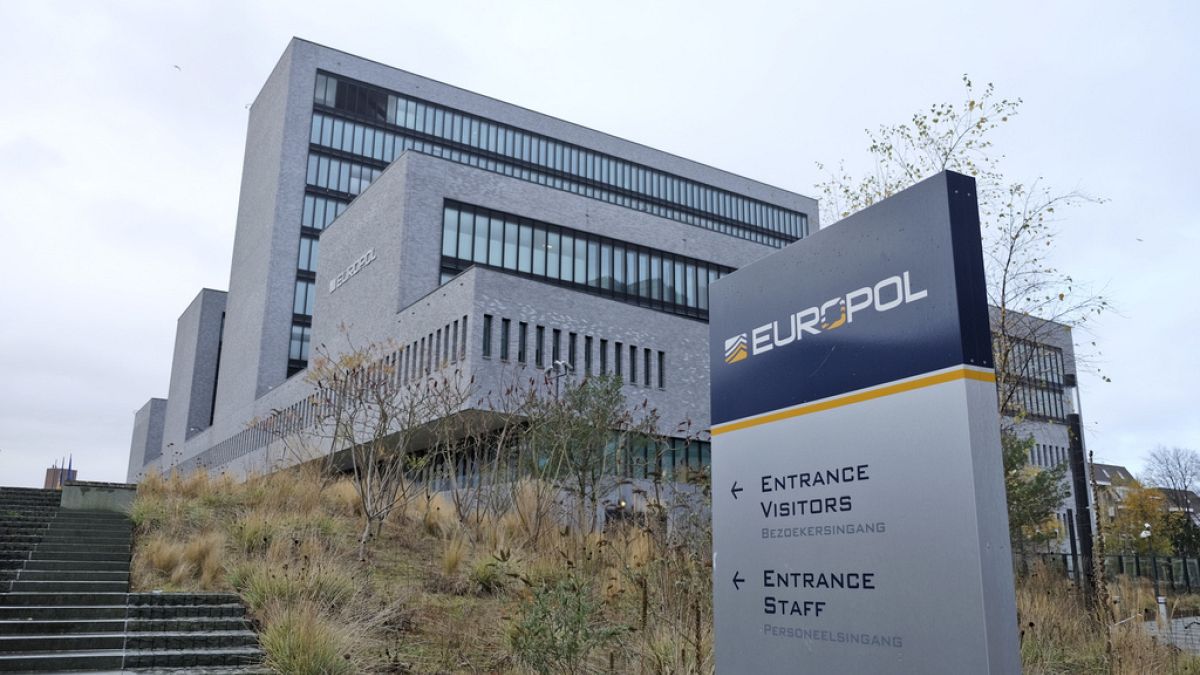Specialized seminars for the prevention of distortions in public tenders

The prevention of distortions in public tenders was the subject of two specialized seminars organized by the Competition Commission with the support of the OECD and the DG REFORM of the European Commission.
As stated in a press release, within the framework of the European project “Combating collusion in public contracts,” the Competition Commission (CC), in collaboration with the Organisation for Economic Co-operation and Development (OECD) and with the support of the Directorate-General for Structural Reform Support (DG REFORM) of the European Commission, organized two consecutive seminars in Athens on September 24 and 26, 2025, aimed at strengthening institutional compliance and promoting healthy competition.
This initiative is part of a cross-border program being implemented in six member states (Austria, Bulgaria, Croatia, Cyprus, Romania, and Greece) and aims to:
- highlight good practices for preventing the distortion of public tenders,
- strengthen cooperation between judicial, administrative, and supervisory authorities, and
- protect public resources and the functioning of markets.
Seminar for the private sector
On September 24, a seminar titled: “Enhancing private sector compliance to prevent the distortion of public tenders” was held in the plenary hall of the Competition Commission.
Representatives from business and professional associations, chambers of commerce, and companies from the health, construction, energy, information technology, food, and catering sectors participated.
Commission officials discussed, among other things, their powers and tools in the context of preventing and combating collusive practices and referred to significant recent decisions of the CC with examples, while highlighting the importance of the Leniency Program and damage claims.
The workshop focused on: - permissible and prohibited practices during bidding,
- leniency and settlement programs,
- anonymous reporting mechanisms,
- and the development of effective compliance programs.
Subsequently, participants managed a hypothetical scenario of a potential cartel collaboration, applying their knowledge in practice.
Seminar for judicial officials
The second workshop was titled: “Enhancing judicial oversight to combat the distortion of public tenders.” It took place on September 26, hosted in the “Lampros Margaritis” auditorium of the Ministry of Justice, and aimed to familiarize judicial officials with the identification, assessment, and enforcement of sanctions in cartel cases. The event was opened by the Deputy Minister of Justice, Ioannis Bougas, who noted that the phenomena of public tender distortions must be addressed promptly and decisively.
The Chairwoman of the Commission, Irini Sharp, stated: “The CC serves independently and consistently in its duty to safeguard transparency and legality in tenders. Cooperation with the judiciary and other competent independent authorities, as well as with contracting authorities, is crucial for achieving our common goal: ensuring the public interest and fostering citizens’ trust in institutions. Only through cooperation can we effectively serve the public interest.”
There followed interventions, including that of the judge of the General Court of the EU, Ioannis Dimitrakopoulos, who analyzed the key legal issues of proof in cartel cases and the need to strengthen documentation with indirect evidence in cases of secret agreements. The rapporteur of the EU Court, Alfredos Theodorakopoulos, presented examples from EU case law, highlighting the approach of European courts to the complex proof of continuous and uniform violations, as well as the importance of substantiated interpretations of competition authorities. CC officials referred, among other things, to the powers and tools of the CC in the context of preventing and combating collusive practices and to examples from significant recent decisions of the CC, while highlighting the framework of cooperation between the CC and judicial authorities. (2/10/25)













































